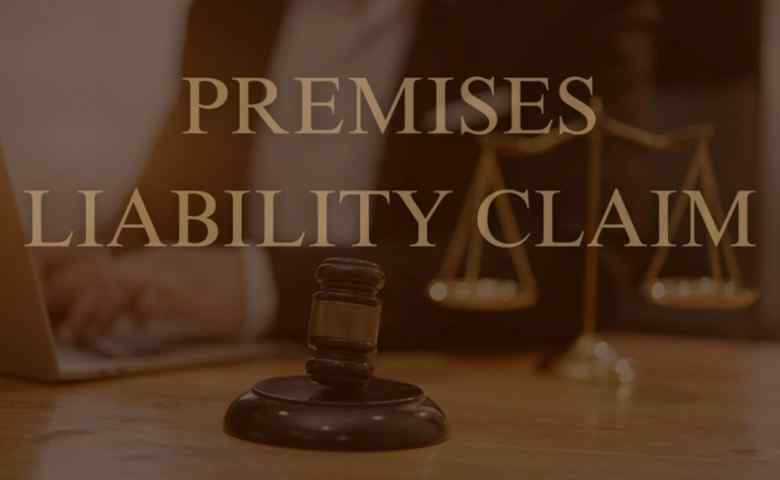Last Updated on January 3, 2025 by Admin
Have you ever tripped over a cracked sidewalk or been injured due to poor property maintenance?
ConstructionCareerHub App is LIVE — built ONLY for construction careers. Don’t apply with a weak resume.
Get ATS-ready Resume Lab + Interview Copilot + Campus Placement Prep (resume screening, skill gaps, interview readiness) — in minutes & Other advanced features.
Explore Smarter Construction Career Tools →Quick check. Big impact. Start now.
If so, you might wonder, “Do I have a valid premises liability claim?”
Well, you are not alone.
But how do you know if your injury is eligible for a claim?
What constitutes a valid premises liability case?
These are vital questions to answer if you get injured on someone else’s property. Go through this blog to find out whether you have a valid premises liability claim.
Table of Contents
What is Premises Liability?
Premises liability is a property owner’s responsibility to keep their premises safe for everyone. When someone gets hurt on the property, the owner is responsible.
For example, if you are injured in a shopping mall, restaurant, or even your neighbor’s home, or bitten by a dog, premises liability may apply.
If you think your injury was due to the property owner’s negligence, look for a premises liability lawyer to get the legal guidance required to claim fair compensation.
The components of a valid premises liability claim are mentioned below.
Property Owner’s Duty of Care
The first step to deciding if you have a valid claim is determining whether the property owner owes you a duty of care. Property owners generally need to maintain and keep their properties free of hazards. However, the responsibility level varies according to the type of visitor you are.
- Invitees: These are people who visit a property for business purposes, like customers at a store or clients at an office. Property owners are responsible for the highest level of care for the invitees. It means they must regularly inspect the property for potential hazards and fix or warn about any dangers.
- Licensees: People who enter a property for social reasons, like guests at a friend’s house. Property owners have a duty to warn licensees about known hazards but are optional to inspect the property as thoroughly as for invitees.
- Trespassers: These are people who come to the property without permission. Property owners owe trespassers the least duty of care, but they cannot set traps or intentionally harm them.
If you were injured while visiting someone’s property, the first question is: What kind of visitor were you? If you were an invitee or licensee, the property owner likely had a greater responsibility to ensure your safety.
Hazard must be Known
For your claim to be valid, the property owner must have known about the hazard or should have known about it through reasonable inspections. If the dangerous condition was something the owner could have easily spotted, it’s easier to make a claim.
For example, if you slip on spilled oil on the floor of a grocery store, it’s more likely that the store owner should have noticed and cleaned it up.
On the other hand, if you trip over something that had been there for years without anyone noticing, it may be harder to argue that the owner was negligent.
Injury should be Serious Enough to Justify a Claim
Injuries in premises liability cases must generally be significant enough to warrant legal action. If you scraped your knee on a sidewalk, it might not be worth pursuing a claim.
However, if the injury leads to medical treatment, missed work, or long-term physical issues, then you may have grounds to move forward.
Hazard Caused Your Injury
It’s not enough to just be injured on someone’s property; you need to prove that your injury resulted from a hazard the owner should have addressed.
Let’s say you’re walking in a park and twist your ankle after stepping on an uneven sidewalk. If the sidewalk has been there for months and the property owner has never addressed the issue, you may have a valid claim.
Considering the above factors, you can identify whether your injury needs to be addressed in court, though it is not always easy. Remember that each case is different, and it’s always ideal to talk with a premises liability attorney to help you proceed with the process.
Related Posts:
- Slipped and Fell on a Construction Site? Here’s How to Recover — and How to Take Legal Action if Necessary
- The Ultimate Guide to Building Maintenance: Tips and Best Practices
- Pros and Cons of Investing In Commercial Construction
- Insurance and Liability in Construction: A Comprehensive Guide for Global Construction Professionals


